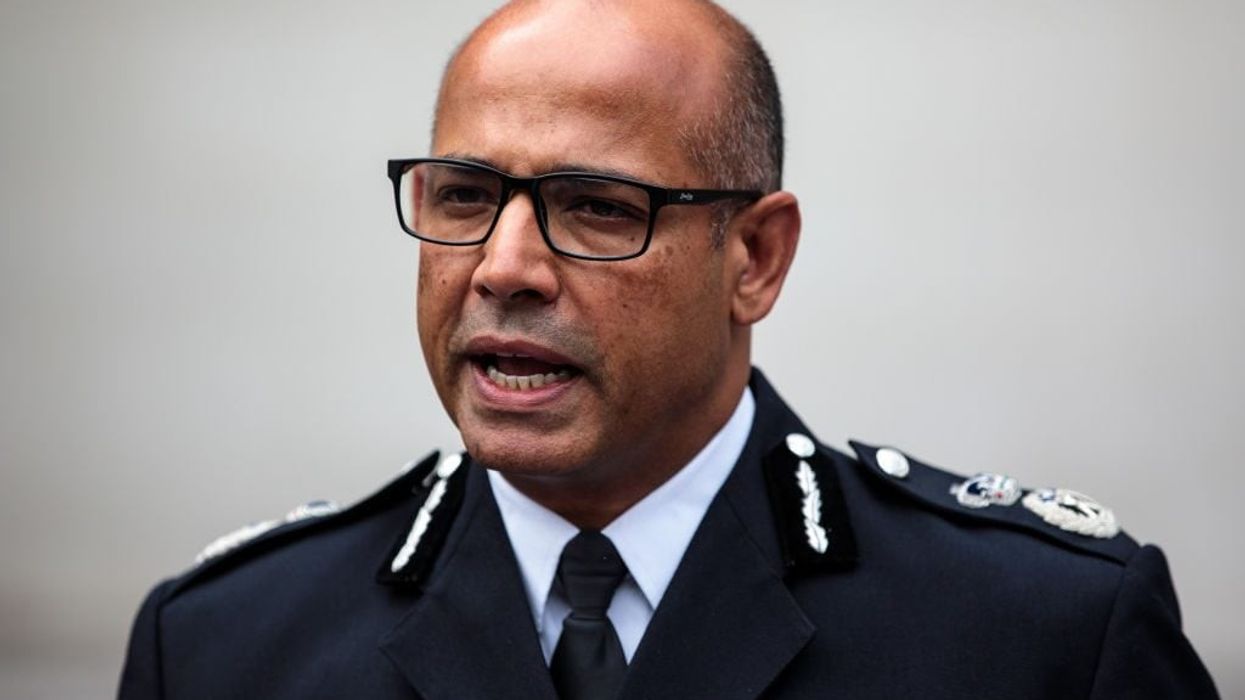Former head of counter-terrorism in UK has called the government-backed review of Prevent scheme an 'insult' to professionals fighting to stop terrorist attacks in the country as the report was driven by ‘rightwing viewpoint’.
Neil Basu, who was head of counter-terrorism policing until 2021, disagreed to the finding that Prevent concentrated mainly on far right rather than Islamist extremism, reported The Guardian.
Launched in 2007, Prevent is a strand of the British government's counter-terrorism strategy that aims to safeguard and support those vulnerable to radicalisation, to stop them from becoming terrorists or supporting terrorism.
"The review is driven by a rightwing viewpoint that XRWT (extreme rightwing terrorism) is either unimportant or doesn’t really exist. The head of MI5 says it’s 20 per cent of the work they do, so I would listen to him," Basu was quoted as saying by The Guardian.
William Shawcross submitted the Prevent review this week with 34 recommendations and the government accepted all of them.
According to the review, Prevent failed to stop non-violent Islamist extremism and exhibits double standard while dealing with extreme right wing and Islamism.
Meanwhile, Basu argued that the threat from the far right was very real and the system had been too slow to realise the danger.
“It’s insulting to any counter-terrorism professional to suggest they’d put any particular ideology over another. It’s about how they risk-assess the initial intelligence of the potential for violence and how it is then dealt with afterwards," he told the newspaper.
He pointed out that Prevent’s work tackling mental health and other vulnerabilities was essential to stem the flow of terrorists.
Experts in countering far-right terrorism and Amnesty International have also expressed similar concerns as Basu's.
Nick Lowles, of Hope Not Hate, told The Guardian:“Counter-terrorism policy should not prioritise one form of extremism over another. There must be an evidence-based approach that takes action based on the level of risk posed by extremists, regardless of ideology.”
Amnesty International said that errors and plain anti-Muslim prejudice are rampant in the report.
“William Shawcross’s history of bigoted comments on Muslims and Islam should have precluded his involvement in this ill-starred review in the first place. There’s mounting evidence that Prevent has specifically targeted Muslim communities and activists fighting for social justice and a host of crucial international issues – including topics like the climate crisis and the oppression of Palestinians," Ilyas Nagdee, Amnesty International UK’s racial justice director, was quoted as saying by the newspaper.
Statistics from Prevent also tell a similar story as referrals because of extreme rightwing radicalisation (20 per cent) were higher than Islamist referrals (16 per cent) between April 2021 to March 2022 for the second year in a row.
DCS Maria Lovegrove, counter-terrorism policing’s national Prevent lead, said: “The terrorist threats we face now are very different to when Prevent began, and a strong collective approach is absolutely vital if we are to keep up with this changing landscape and its growing dimensions,” she said.
Prevent receives £40 million funding to help steer people away from extremism. According to the government, Prevent has already changed and saved the lives of individuals from all walks of life, with over 3,800 people offered early interventions through the Channel programme.





